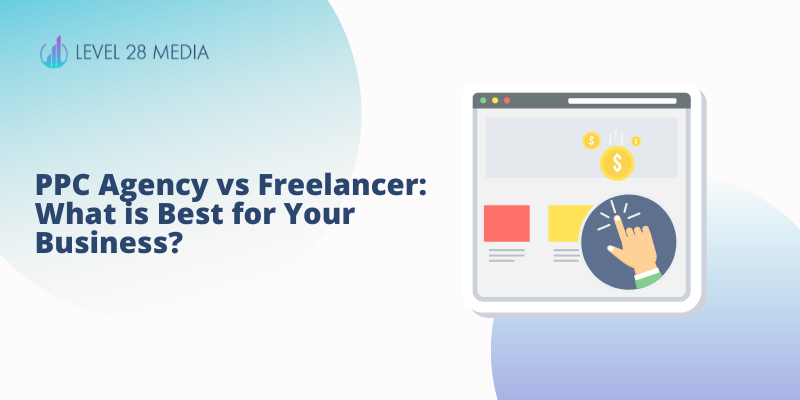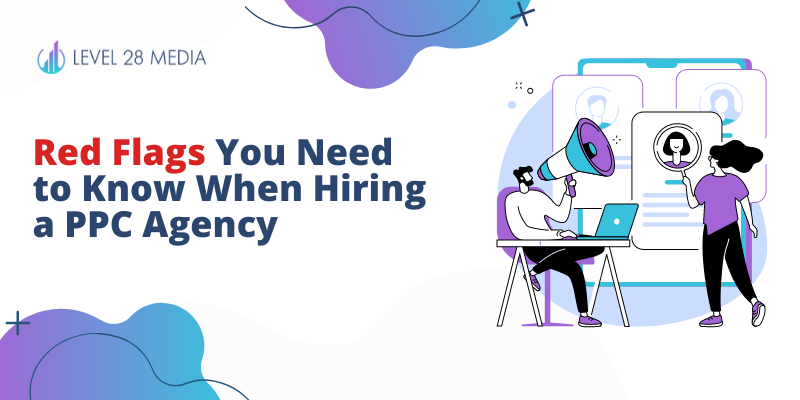PPC Agency vs Freelancer: What is Best for Your Business?
Using a PPC agency vs a freelancer to manage your PPC campaigns–what is better? After all, Google and Microsoft Ads are always changing with new updates. Do you have time to keep up with the latest features and adapt quickly? You’re already investing in ads, and hiring someone else to manage it, whether it be …
PPC Agency vs Freelancer: What is Best for Your Business? Read More »



